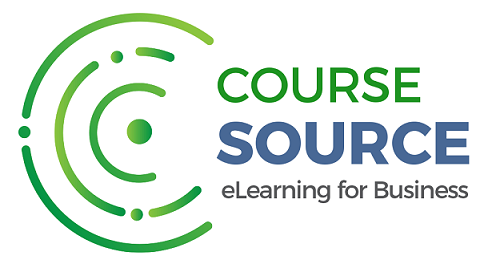Basic Life Support - for Health and Social Care

Overview
Learning how to provide Basic Life Support (BLS) could help you to save a life may well be the most valuable skill you will ever learn. In this Basic Life Support certification course you will learn how to perform CPR on infants, children and adults. You will also learn how to use an Automated External Defibrillator (AED) and learn how to respond to people who are choking. This course is based on the latest Resuscitation Council (UK) guidelines and contains guidance and videos kindly provided by St John Ambulance.
Audience
This course is aimed at any professional who provides care to patients or individuals needing support. This includes all professionals working in health, education and social care.
This course is also suitable for parents, carers, family members, people working in the sports and leisure industry, police officers, fire fighters, traffic wardens, taxi drivers, lifeguards - in fact anyone who may find themselves in a position to help save a life.
About this course
This course contains four bite-sized modules that use practice-based scenarios, videos and engaging questions to bring the subject to life. The four modules are:
Objectives
In this course you will learn:
Content
Here are some of the topics covered in this course:
